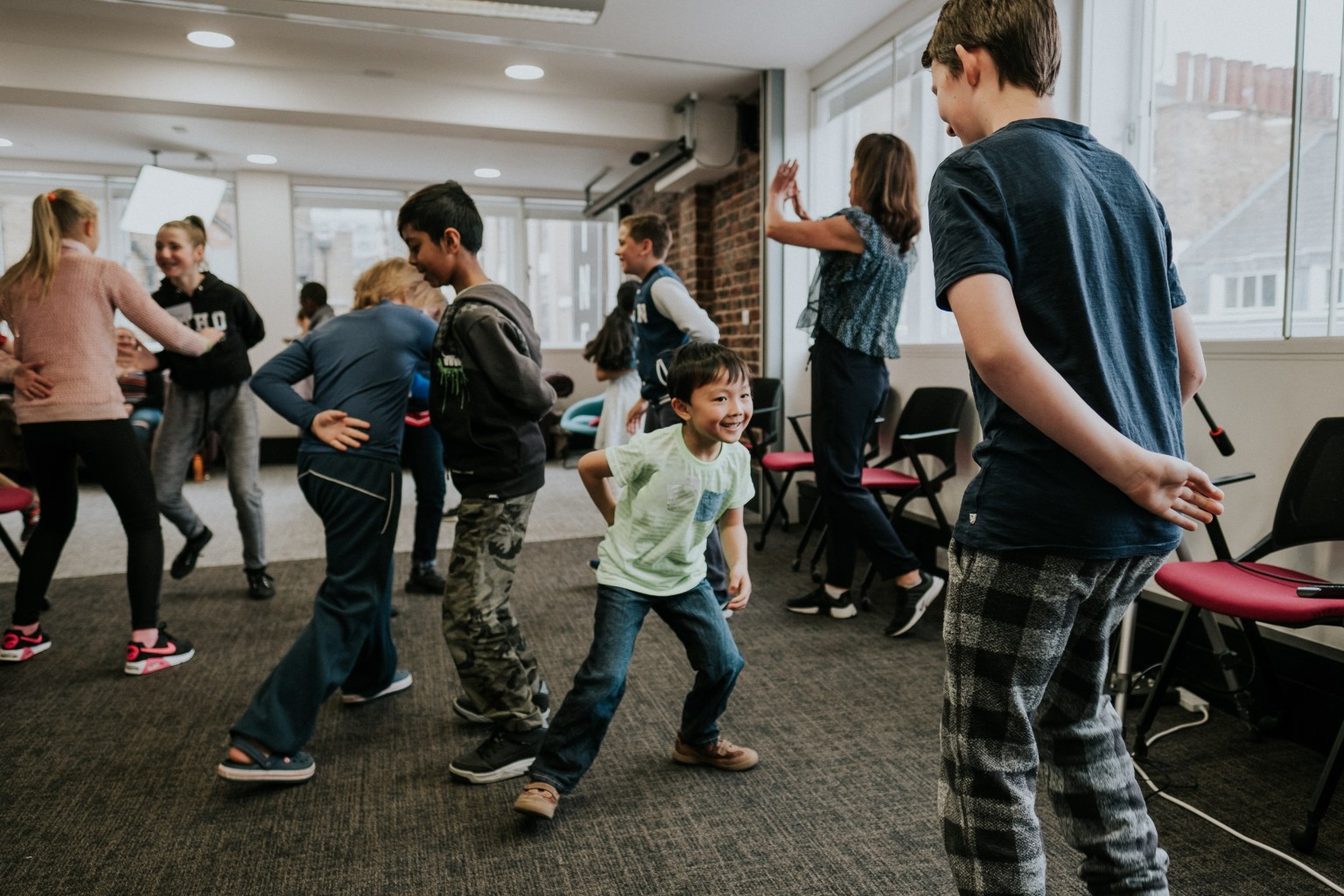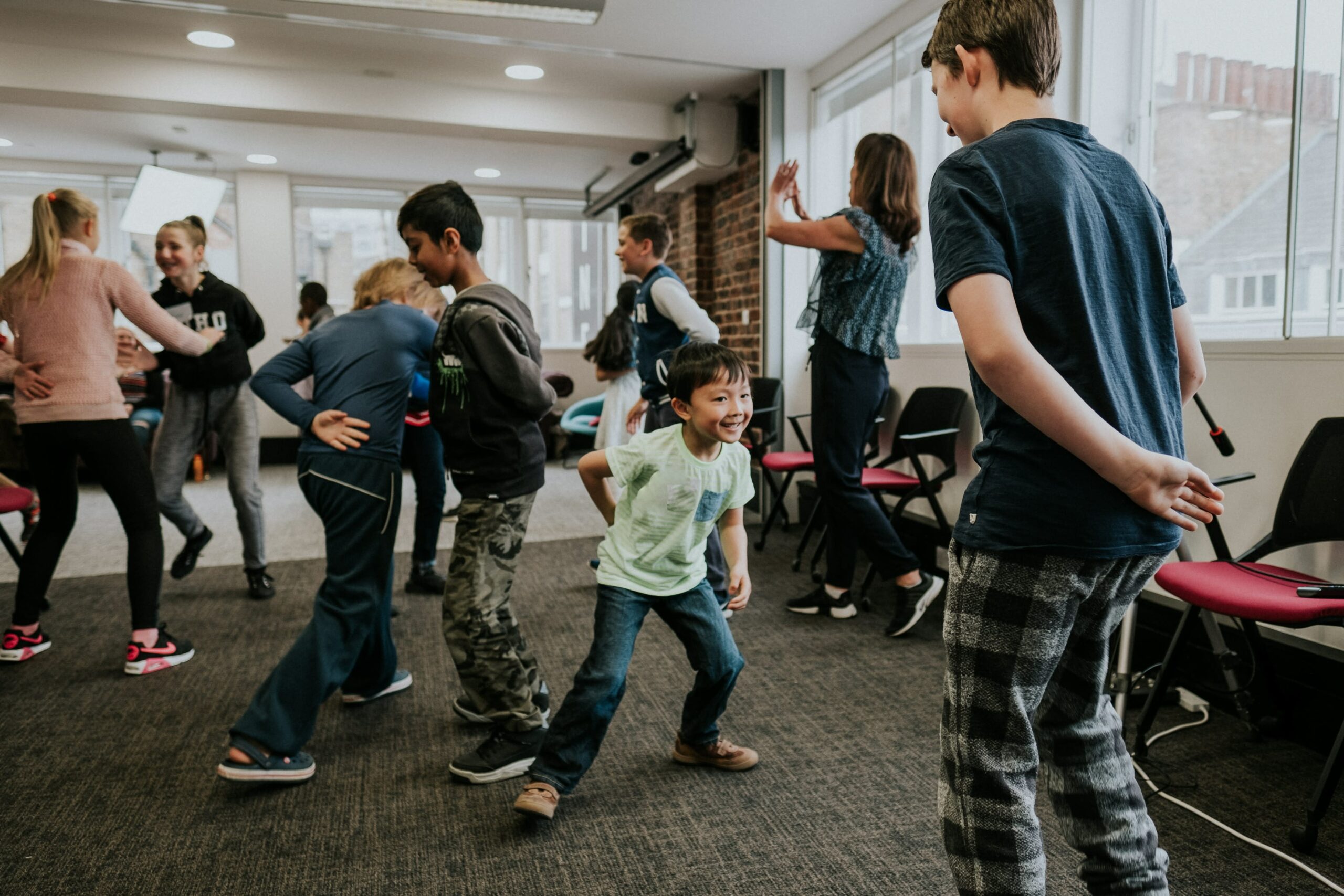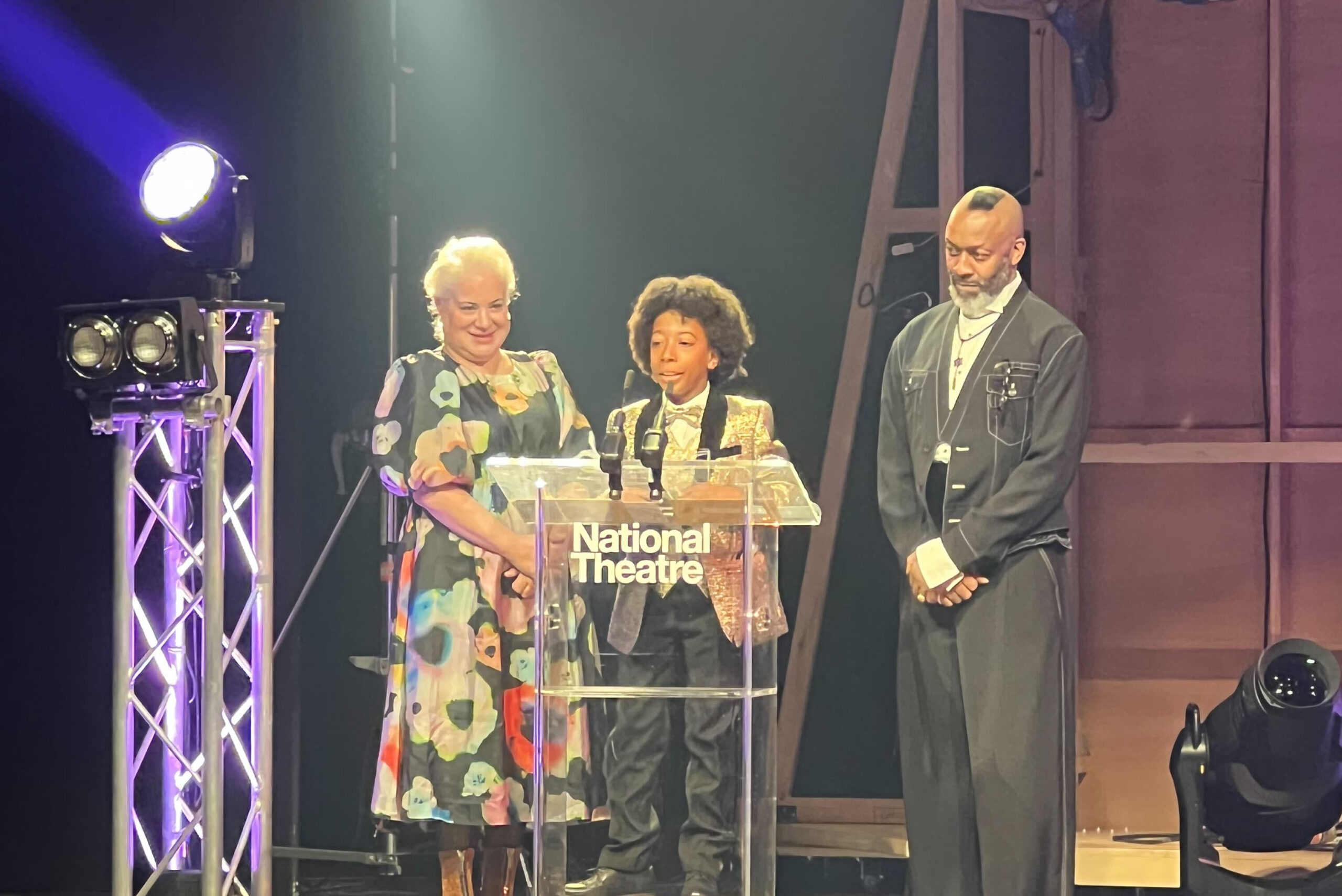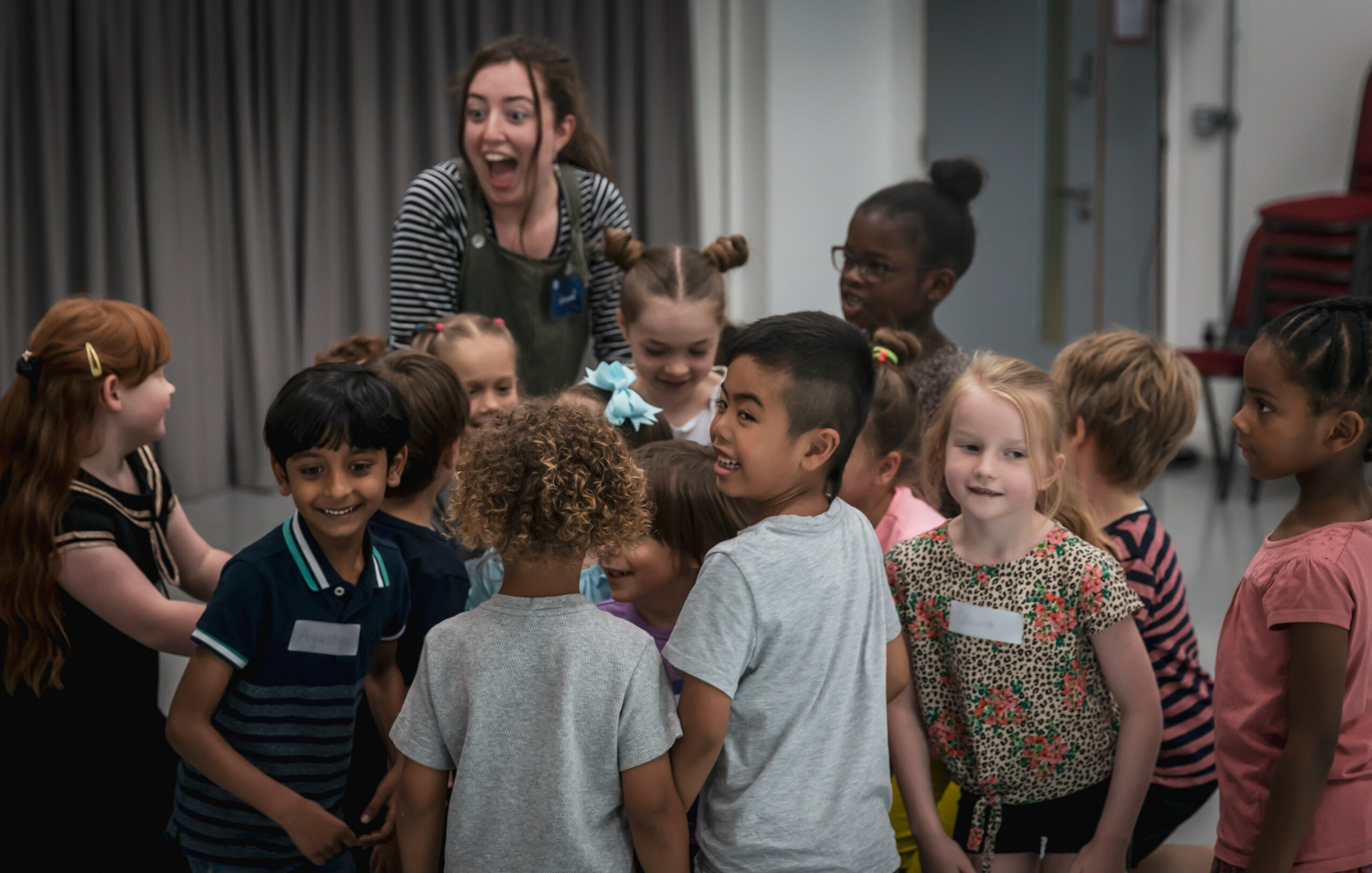Spotlight spoke with Liz Stretton to bring you the essentials on licensing. This is part one, all about licensing in the UK!
If you’re a parent or a young performer, you might have already encountered the concept of licensing. In essence, young performers require a licence to work as performers if they are considered under ‘school leaving age’. It’s an extra bit of admin that’s important to protect young performers who are taking on work, whether it’s at home or abroad! We spoke to Liz Stretton of License Services about what parents and young performers need to know to get licensed for work as a performer in the UK.
 Who needs a licence?
Who needs a licence?
In the UK (though requirements are slightly different in Scotland!) a young person who is still at school needs to have an application with the local authority in order to be allowed to work. An explanation of school leaving age can be found on the gov.uk website.
Even if you are 16 and over, often if you’re still at school you likely will require a licence to work as a performer. Leicestershire council have this handy explanation of when a licence is and isn’t required that can help get you started. If you are in Year 11 at school and have turned 16 throughout that academic year, you still require a licence in order to perform. Once you enter Years 12 and 13 a licence is not required, but it is recommended that permission is still granted from the school in order to perform. School relationships should be managed by the parent and agent to ensure the correct provisions are put in place for the young performer during this period of work, so that their educational needs are still met.
What do I need for the application? Who can help me with the application?
When it comes time to submit the application, have the birth certificate of the young performer and a copy of the contract for the job handy.
Once a job is booked you can send off the licence application, which goes to your local licensing officer, who sits within the education sector of the local council authority. You will need to get school permission for a young person to work if it’s within term time or normal school hours.
Your child’s agent should help drive this process, and should help oversee the completion of the licensing application, even though as a parent you will be asked to complete some of the form. But for any extra questions you might have, it can be worth getting to know your local licensing officer.
Are all licensing forms the same?
Every local authority has their own form, so these tend to vary a little from council to council. Get familiar with your council’s process and particular application form!
How long does a licence request take to process?
While some productions might apply pressure on the timeline, it’s really important to make sure there’s enough time to get the licence in place before starting on a job. Seven to fourteen days’ notice ensures everything can be processed on time – sometimes this is done more quickly, but some council areas, especially those in the London area are likely to require a little more time!
Liz says that this process is becoming better understood in the industry. For more on licensing for work abroad, see our part two on licensing for work abroad, coming soon!
Learn more about Liz Stretton of License Services and the services she provides on Contacts. Liz Stretton has more than 10 years of experience facilitating performance licences, enabling children the opportunity of working in film, TV, theatre and modelling abroad. Laws governing children and juveniles working within the industry are often considerably complex. However, Liz offers a fully comprehensive and professional service, covering application management and legislative advice to ensure all safeguarding requirements are met. ‘I get enormous satisfaction being part of the process, allowing children to travel and take part in exciting opportunities all over the world and being safe in the knowledge all child protection measures have been taken’.









 Who needs a licence?
Who needs a licence?


